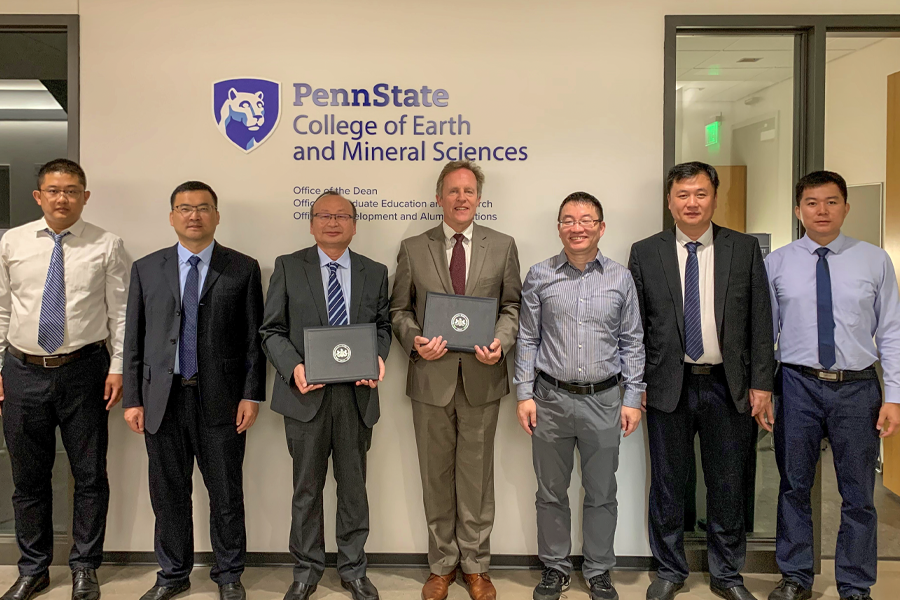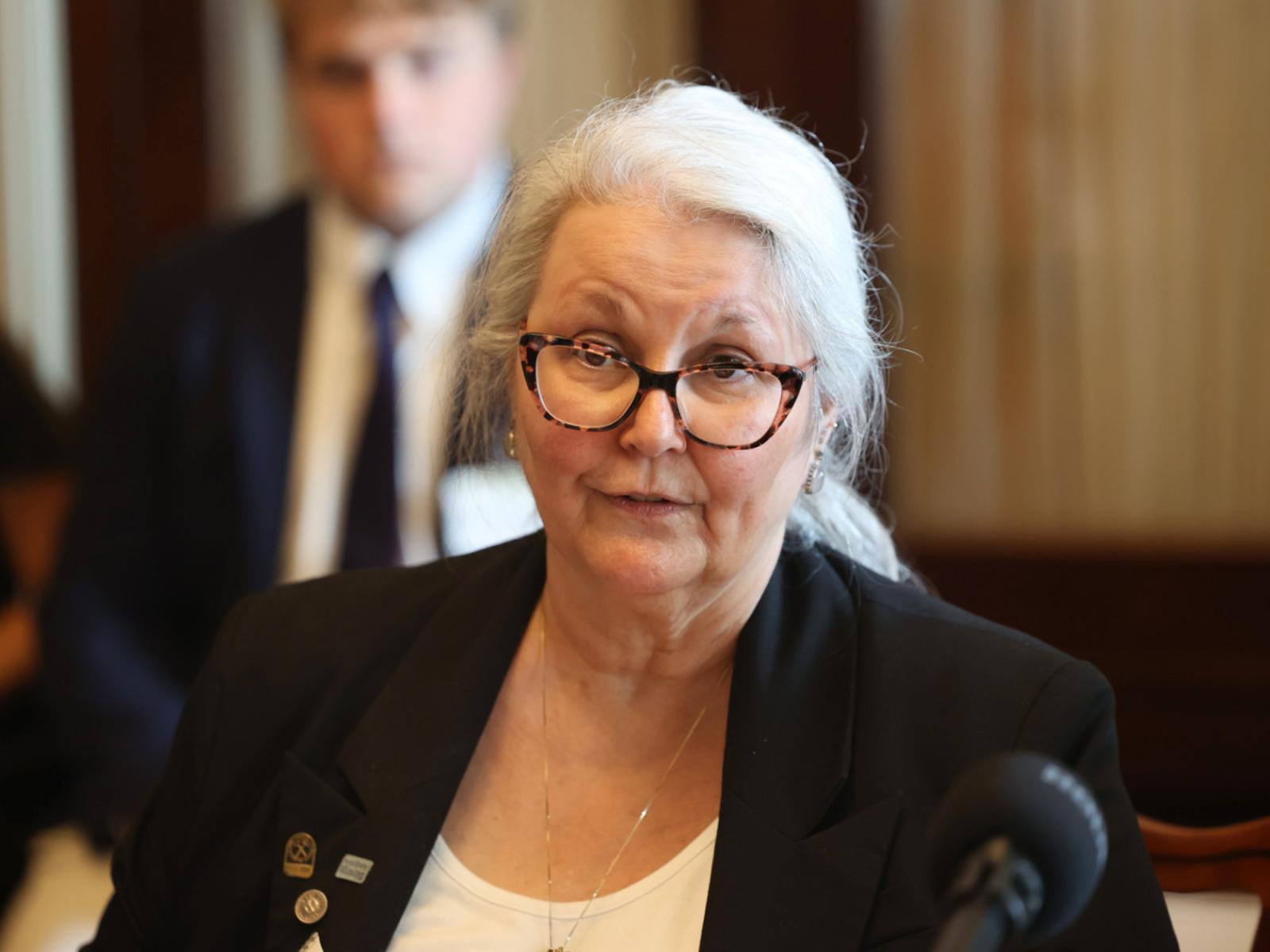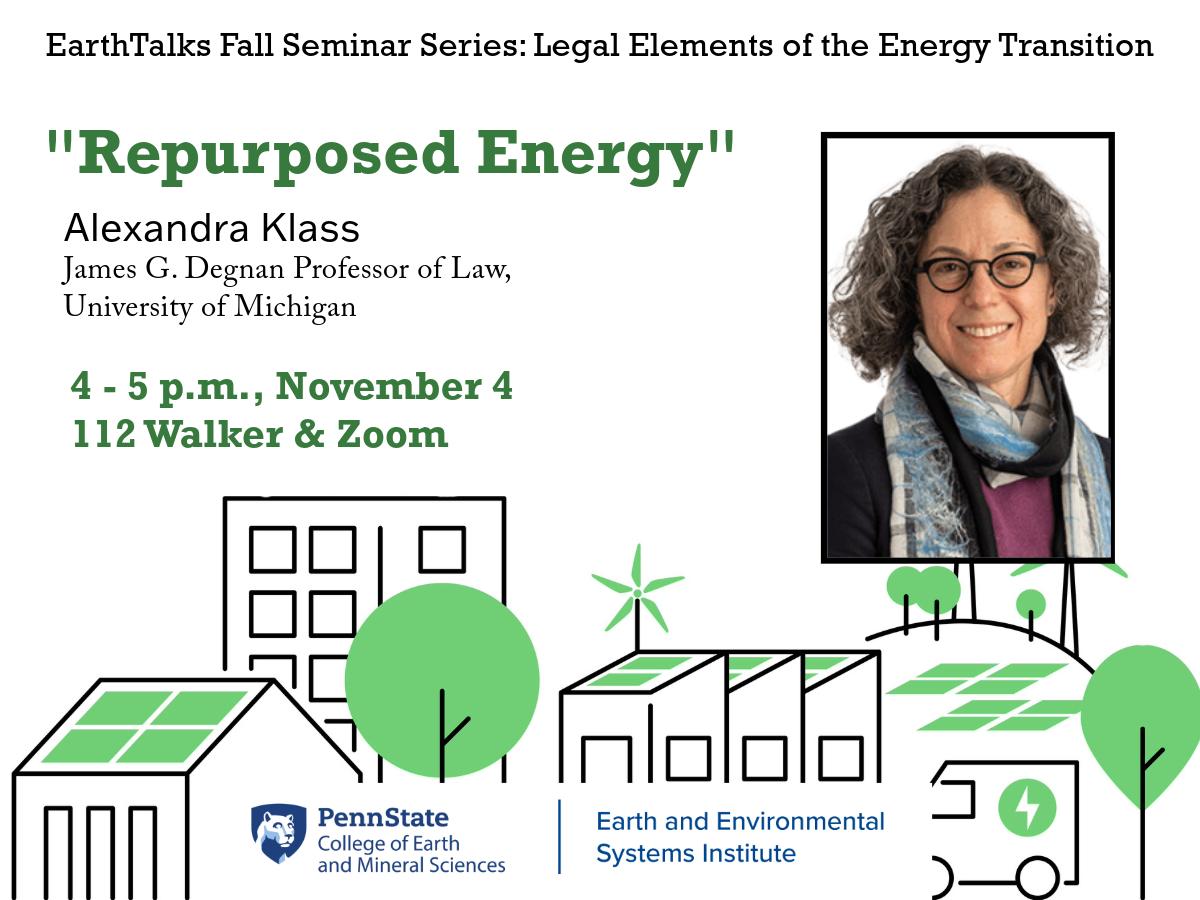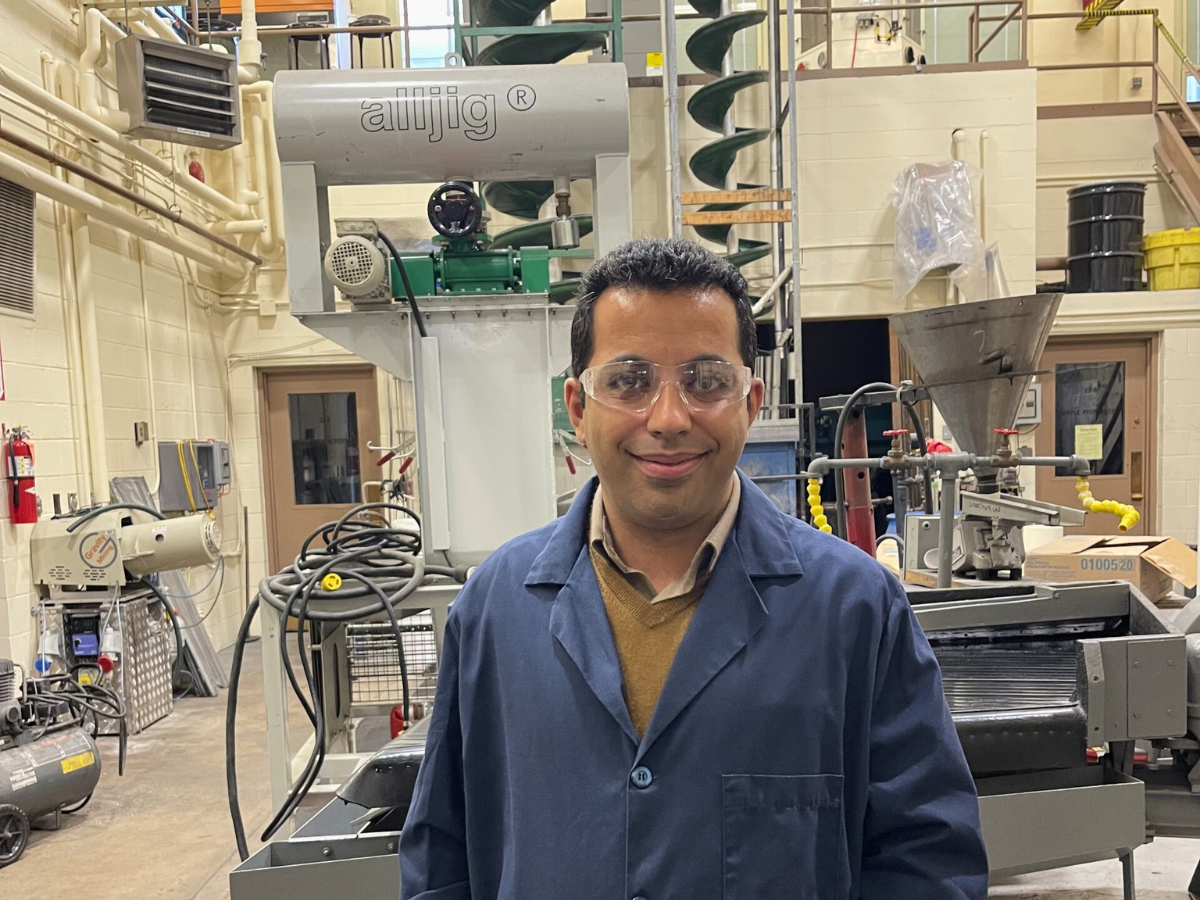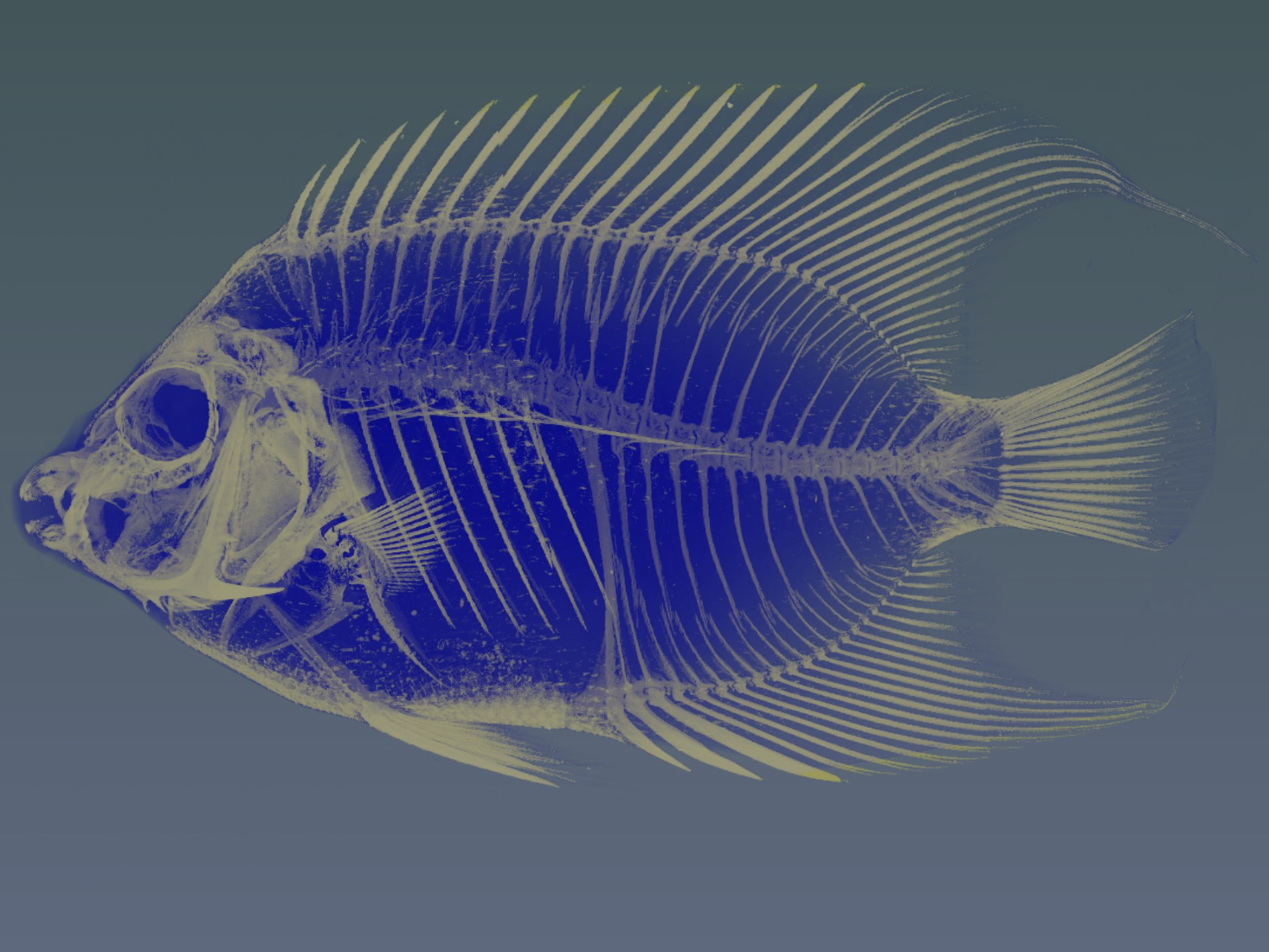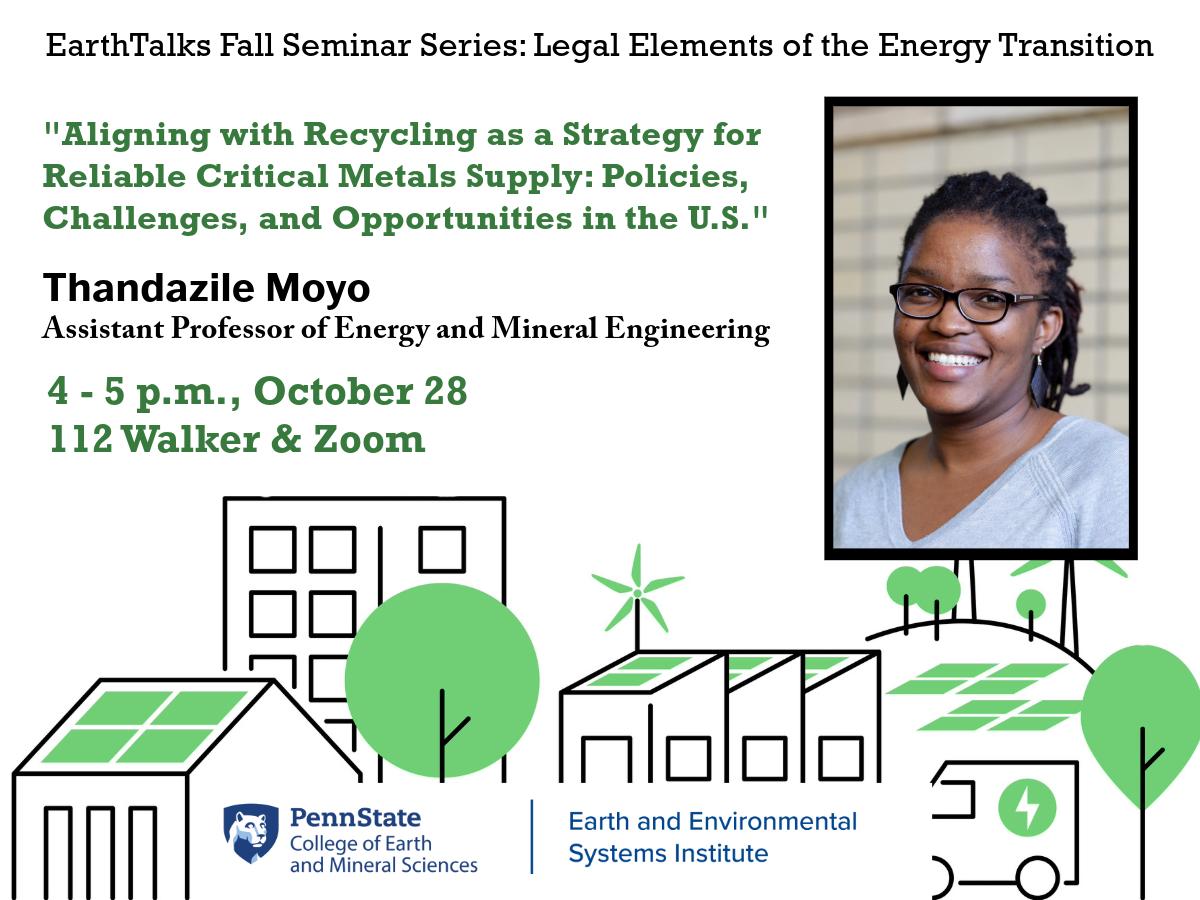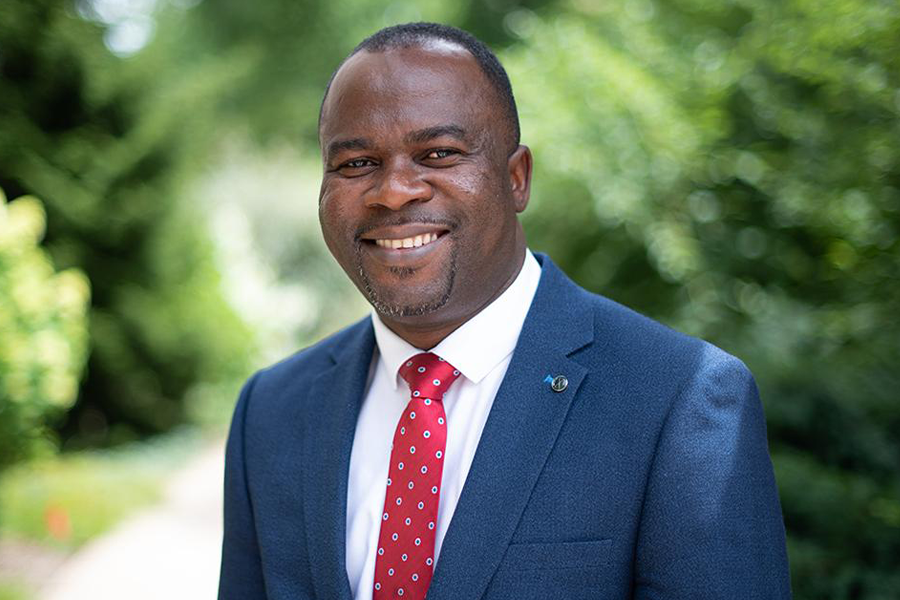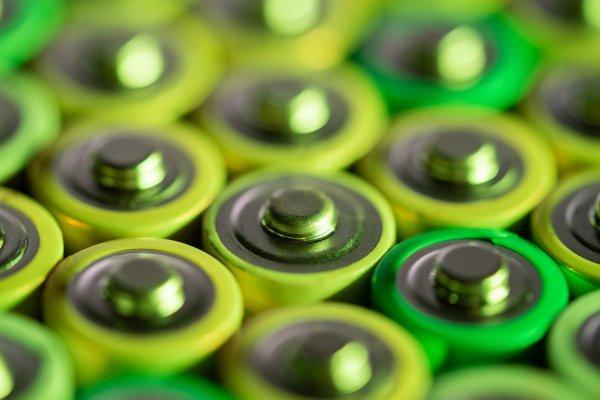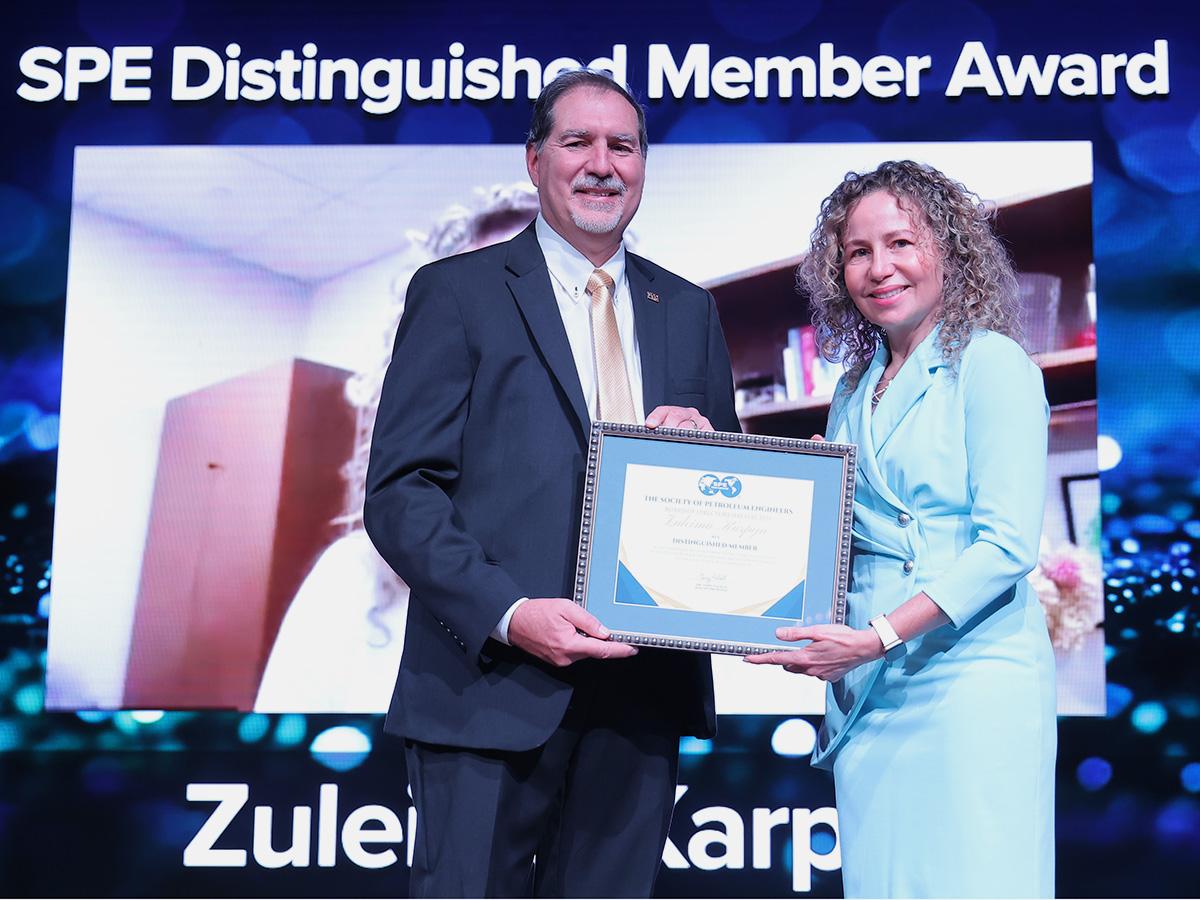Penn State’s College of Earth and Mineral Sciences and Shandong University of Science and Technology in China have signed a memorandum of understanding (MOU) to pursue collaborative research, teaching and educational opportunities. The goal of the MOU is to strengthen and disseminate research outcomes in environmental and safety sciences and mining engineering.
Six Penn State materials researchers have received the 2024 Rustum and Della Roy Innovation in Materials Research Award, recognizing a wide range of research with societal impact. The award is presented by the Materials Research Institute (MRI) and recognizes recent interdisciplinary materials research at Penn State that yields innovative and unexpected results.
The United States will need to make dramatic advances to increase its technical- and skilled-labor workforce to power its green energy future and to become less reliant on foreign nations for securing materials used in both everyday devices and critical national security applications. According to the United States Geological Survey, about 80% of these materials are imported from China.
That was the message Barbara Arnold, professor of practice in mining engineering in the Penn State College of Earth and Mineral Sciences, told a U.S. congressional committee in September.
Alexandra Klass, the James G. Degnan Professor of Law at the University of Michigan, will give the talk, “Repurposed Energy,” at 4 p.m. on Monday, Nov. 4, in 112 Walker Building on the University Park campus. Talk will also be available via Zoom.
Electronics like cell phones, laptops, tablets, home appliances and office electronic equipment often end up in landfills at the end of their lifecycle. According to the United Nations Environment Programme (UNEP), electronic waste, or e-waste, is the fastest-growing waste stream globally and expected to more than double by 2050, exacerbating pollution and contamination issues tied to landfill disposal.
As a part of its mission to educate and train industry partners and students on computed tomography (CT) scanning, the Center for Quantitative Imaging (CQI) recently supported a three-day additive manufacturing practicum for industry professionals to gain hands-on experience in using 3D X-ray CT scanning. The center offers CT scanning, which allows users to see the internal make-up of an item as large as a grizzly bear skull to the tiny electrical connections within a smartwatch. Similar to the practicum, faculty members have regularly brought their classes to CQI to receive training and education on CT scanning equipment, techniques and software, all of which is available to faculty members and industry.
Thandazile Moyo, assistant professor of energy and mineral engineering at Penn State, will give the talk, “Aligning with Recycling as a Strategy for Reliable Critical Metals Supply: Policies, Challenges, and Opportunities in the U.S.,” at 4 p.m. on Monday, Oct. 28, in 112 Walker Building on the University Park campus. The talk will also be available via Zoom.
Nelson Y. Dzade, assistant professor of energy and mineral engineering in the Penn State College of Earth and Mineral Sciences, has received a 2024 Early Career Research Award from the U.S. Department of Energy (DOE). Dzade will use the five-year, $875,000 award to develop a multi-scale framework for predicting and understanding interfaces in solar cells.
Lithium is a critical material for making lithium-ion batteries, which are the backbone of electric vehicles (EVs). EVs have gained increasing attention in recent years due to decreasing our reliance on fossil fuels and reducing greenhouse gas emissions. Unlike traditional fossil fuel vehicles, EVs have no CO2 emissions, making them a cleaner and more sustainable option for transportation. As more countries and companies commit to reducing their carbon footprints, the transition towards EVs has accelerated, causing a significant increase in demand for lithium-based chemicals.
Zuleima Karpyn, Donohue Family Professor of Petroleum and Natural Gas Engineering, and associate dean for graduate education and research in the College of Earth and Mineral Sciences, was recently named a distinguished member by the Society of Petroleum Engineers (SPE) at the society’s annual technical conference held in New Orleans.


